Buck is at the beginning of the tale a loved and pampered dog. Neither a house pet, nor a strictly working beast he is the companion of all his master's children and lord of his domain. Buck is in essence civilization. London, with his signature fascinating brutality, slowly strips this from the animal over the course of the story until the climatic end scene where the many times renamed Buck finally answers the titular call of the wild. That loss of comfort, of the assurances that civilization provides, and most of all of the people who loved him was really my first brush with the inevitability of loss in life. When I later read "White Fang" I was similarly disturbed by the scene where White Fang's mother, freed of the rope that had held her, chooses to stay in the camp of men despite her cub urging her to leave for the wild that had been their home.
Be it freedom or civilization London had a genius for drawing the reader in and making them value the characters and their lives. When the required conflict finally came it was often emotionally shattering, at least for a child first entering into her literary journey.
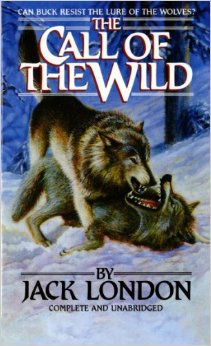
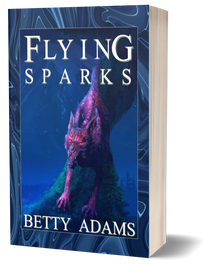
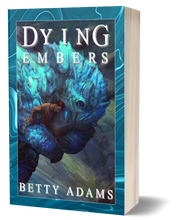
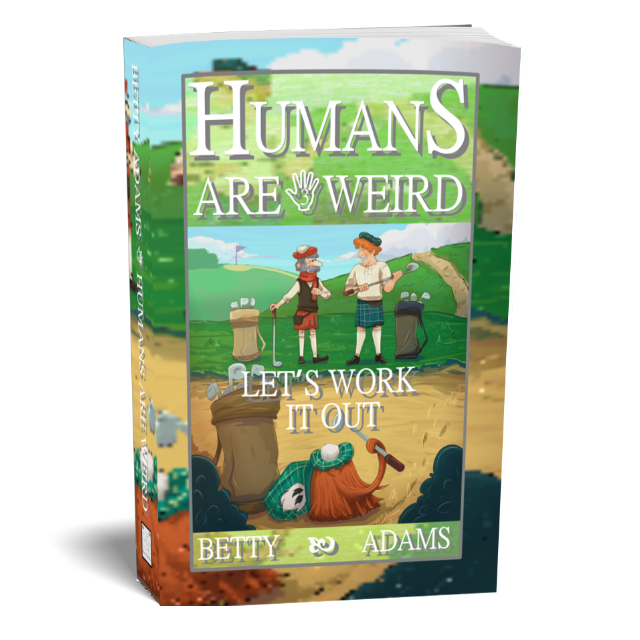
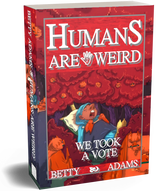
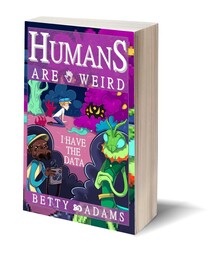
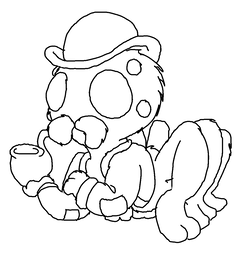
 RSS Feed
RSS Feed


